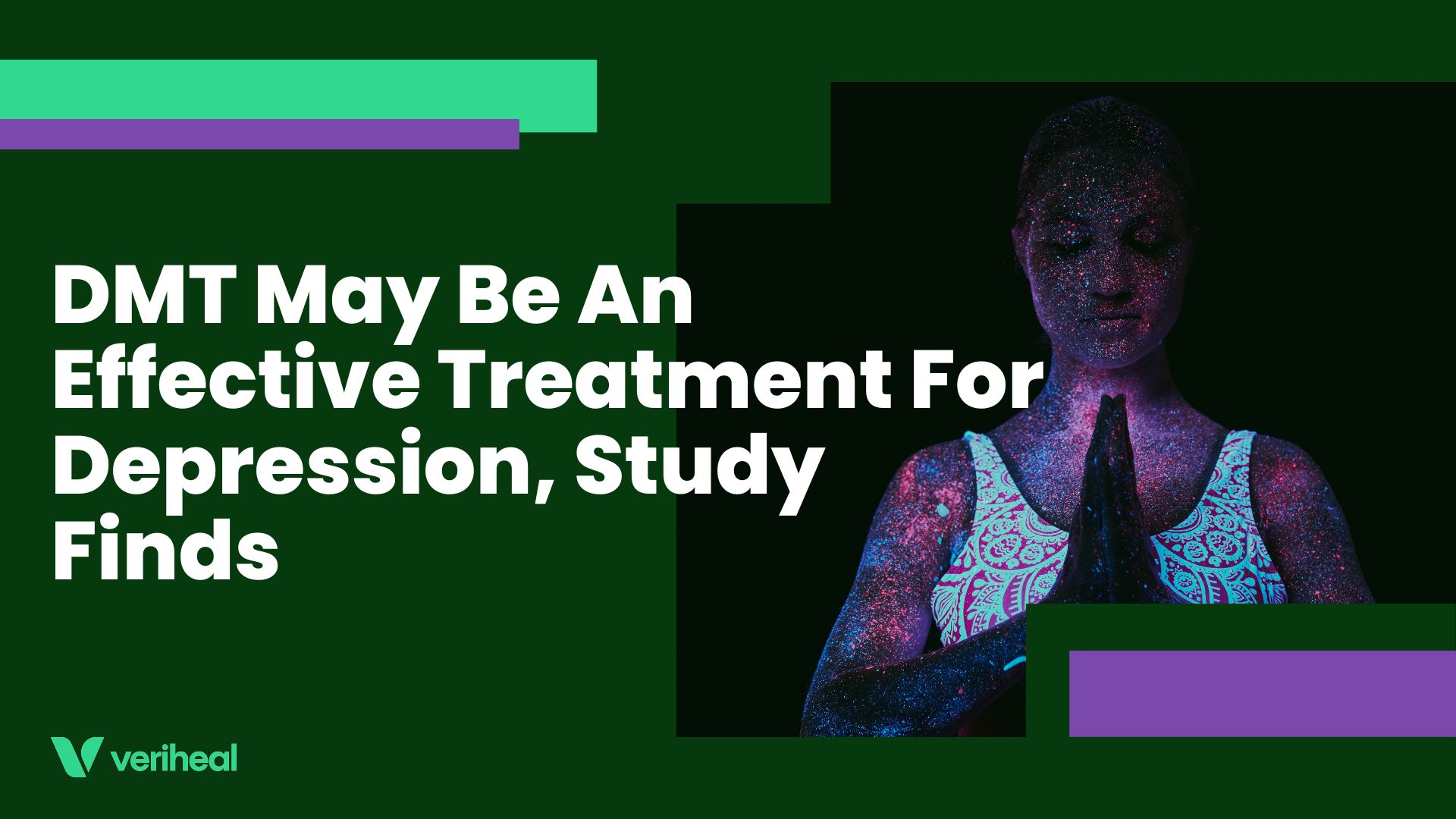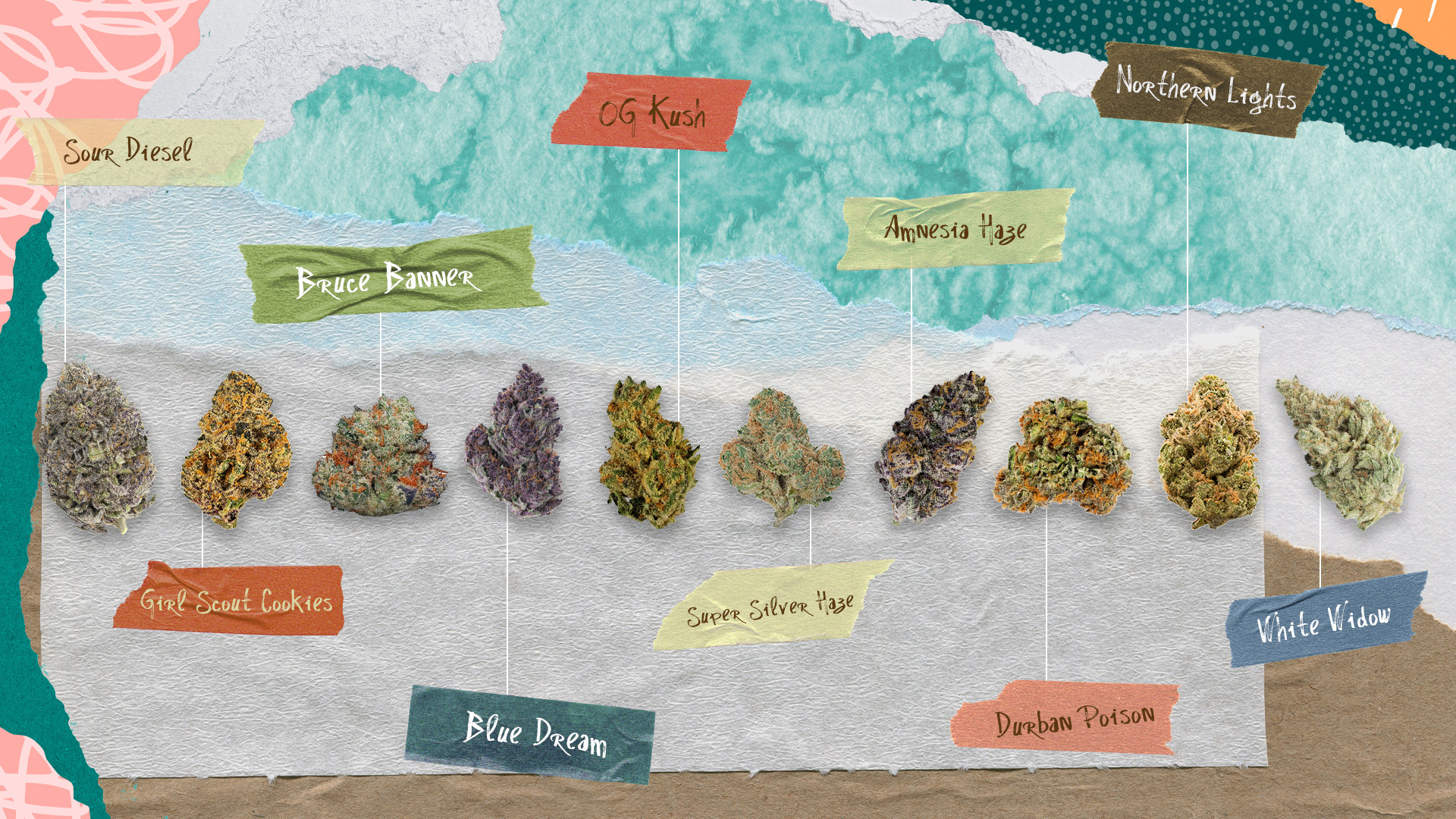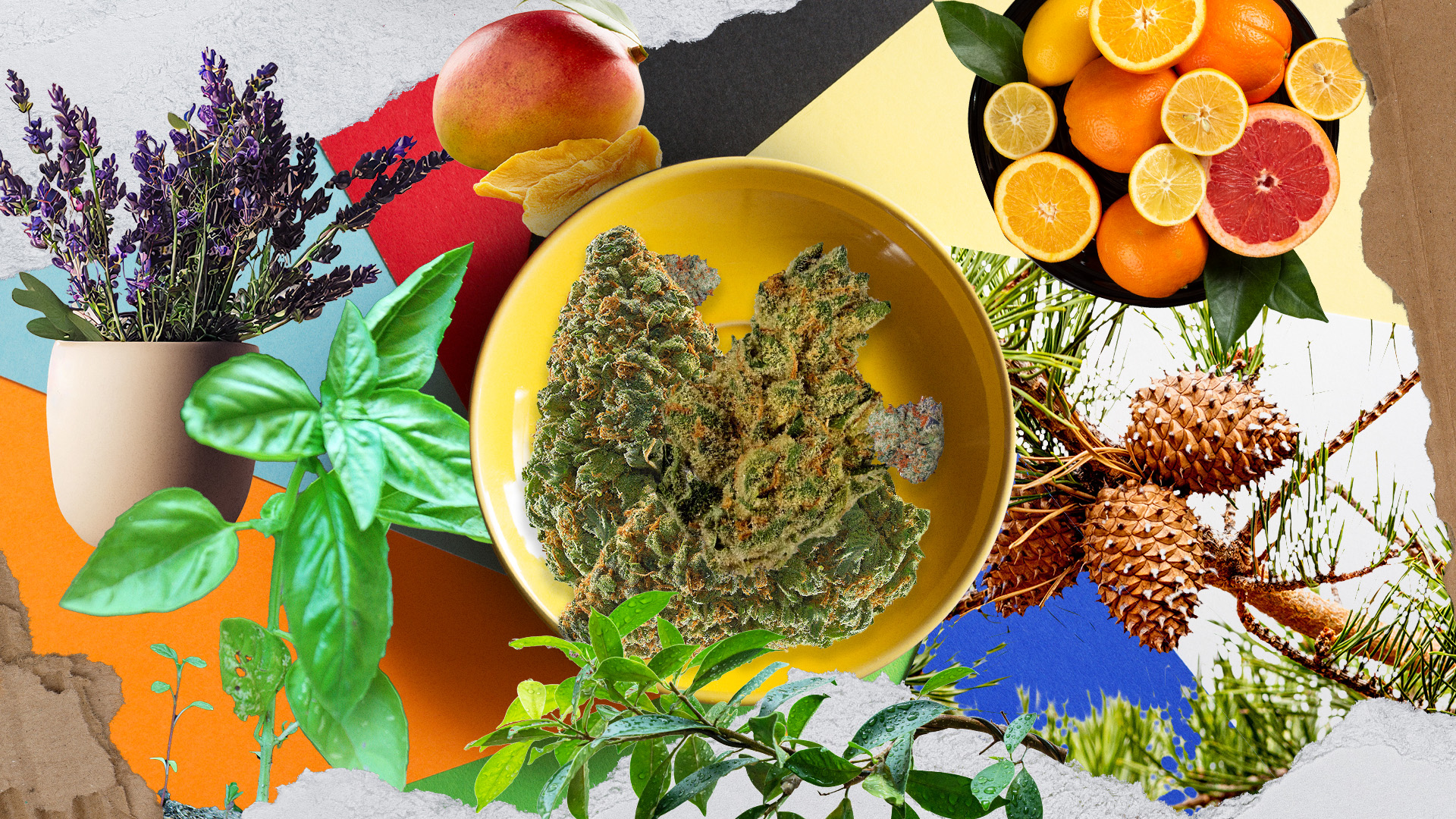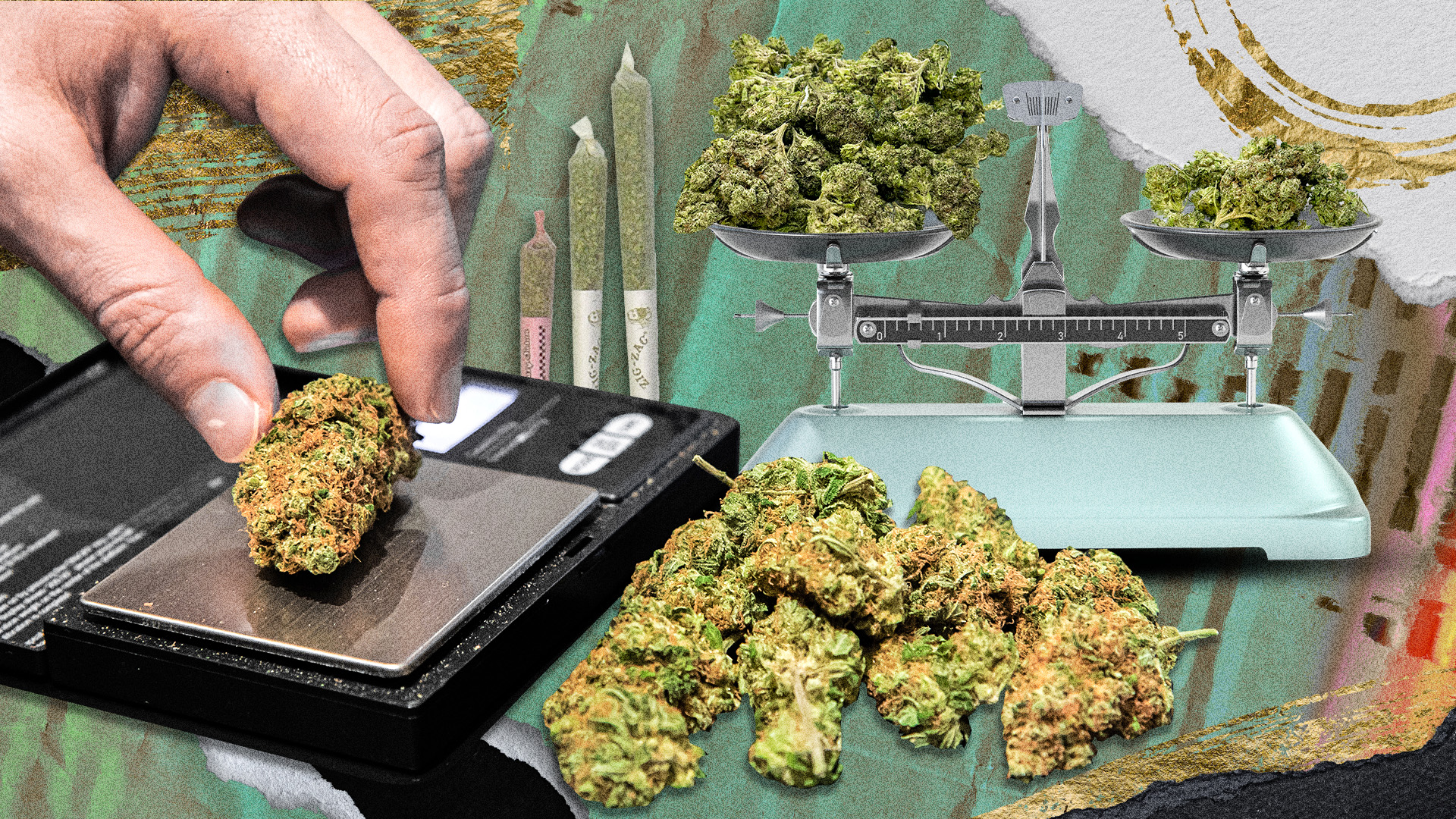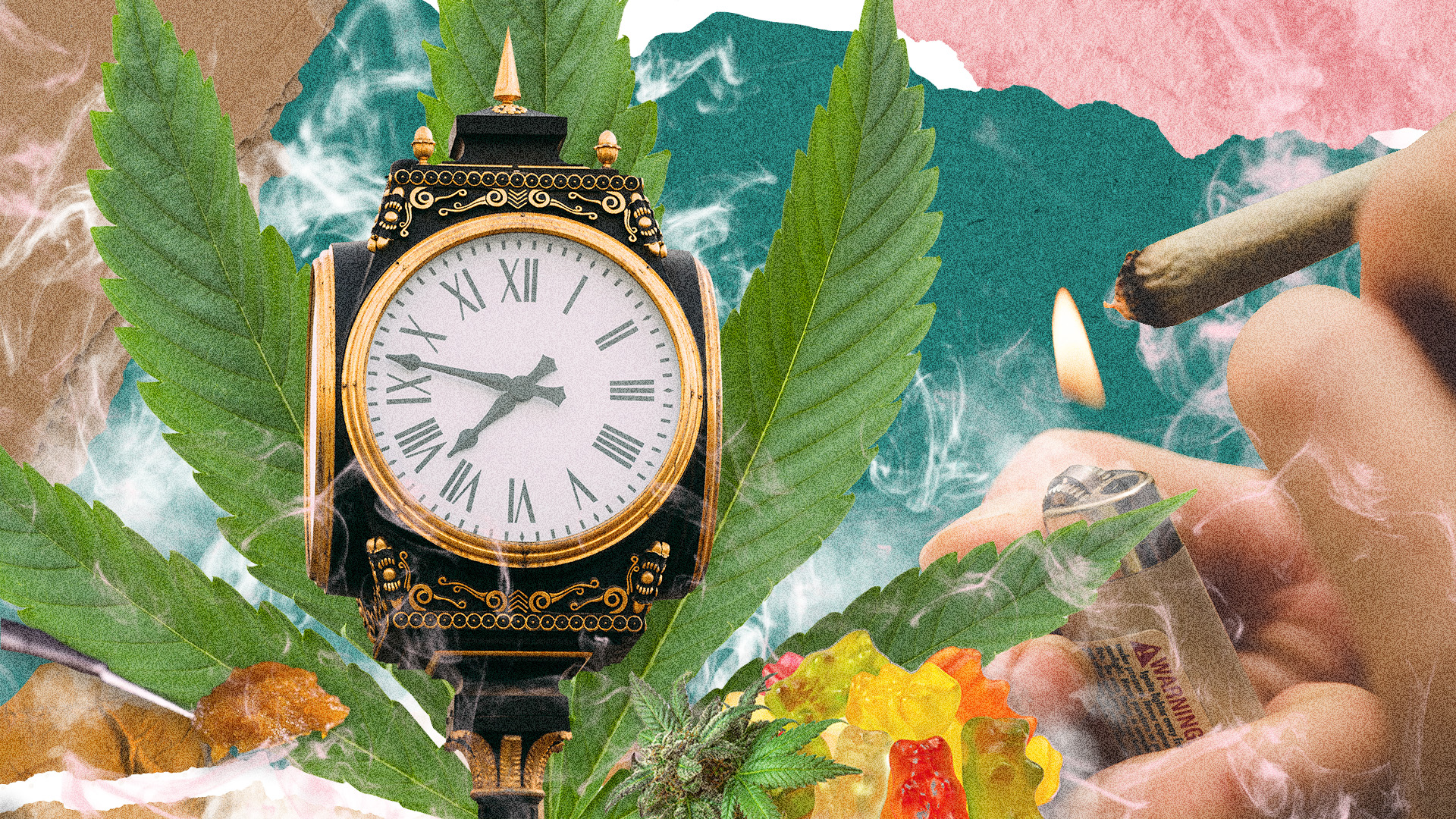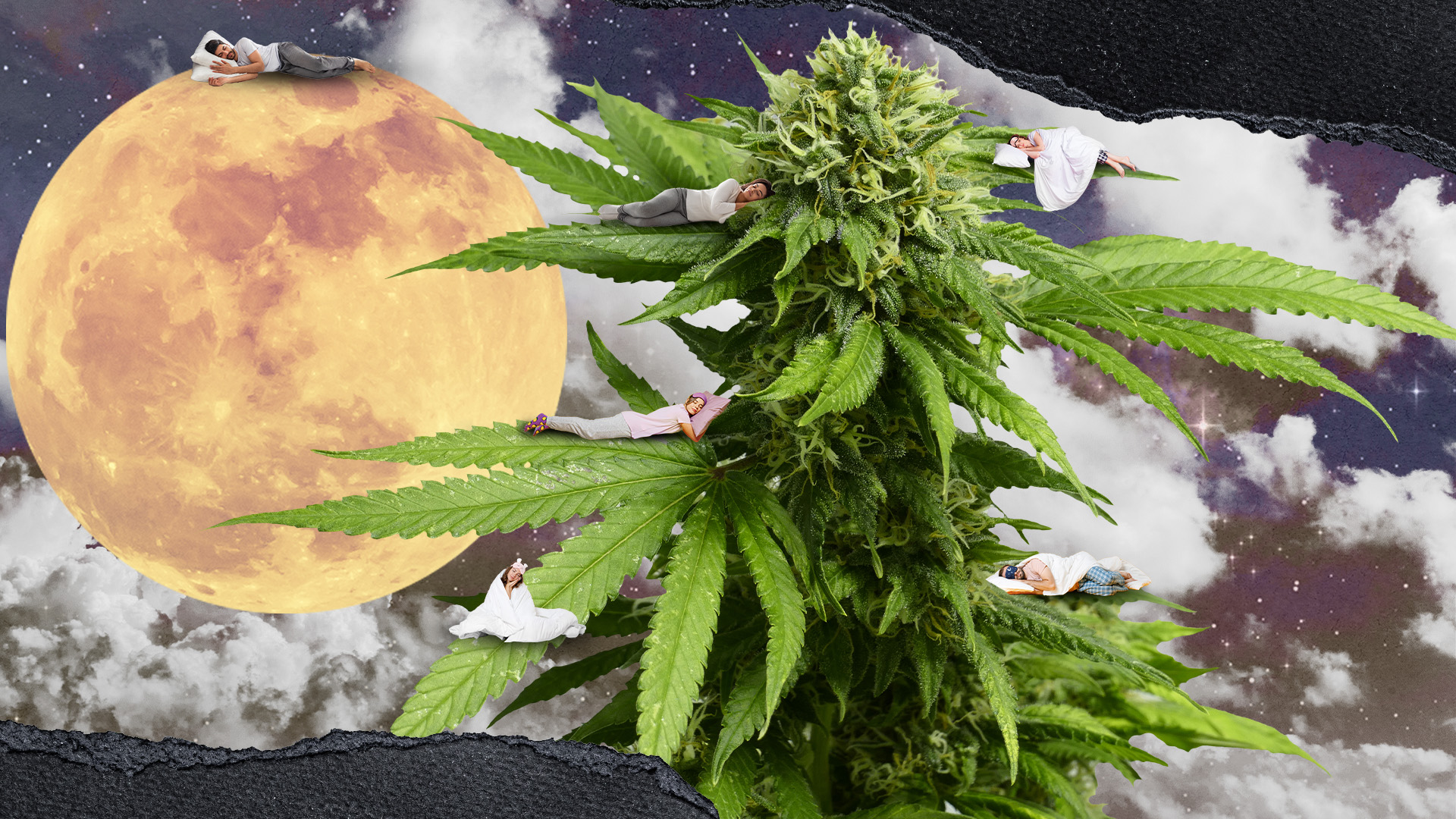Rates of depression and anxiety have been rising globally for years, and many of the currently available treatments are ineffective for severe symptoms. They may also come with unpleasant side effects and remain inaccessible to countless people worldwide due to cost or a lack of adequate mental health care. As a result, scientists have been looking for alternative therapies for mental illnesses.
A study published this month in Nature Scientific Reports discovered something fascinating–the psychedelic compound DMT (N,N-Dimethyltryptamine) may be an effective treatment for depression and other mental health disorders. This is cool but also somewhat unsurprising, as other psychedelics have also been found to be useful in treating anxiety, depression, post-traumatic stress disorder (PTSD), and more.
DMT is a naturally occurring psychedelic substance similar to psilocybin, LSD, and ayahuasca, but it has much shorter-lasting effects than any of those compounds. Its short “trip” duration could make it ideal for use in therapeutic settings, making it more cost-effective and easier to fit into a daily schedule. As such, scientists have become interested in its potential psychological benefits.
The study, which was conducted by the DMT Research Group at the Centre for Psychedelic Research at Imperial College London, sought to find out if DMT is equally as effective as other psychedelics at treating depression.
Lead author Chris Timmermann said in an interview with PsyPost, “I have been doing research with the psychedelic compound DMT for quite some years now, and we were wondering whether DMT has the same therapeutic possibilities as psilocybin and LSD. So we set out to start a preliminary investigation into this by measuring scores of depression, anxiety, and wellbeing before and after administration of DMT and placebo to healthy volunteers participating in our studies.”
Why You Should Get Your Medical Marijuana Card
Veriheal has satisfied millions of patients nationwide by giving them access to these benefits
- Larger purchase limits
- Peace of mind
- Enhanced legal protection
- Access to higher potency strains
- Save up to 25% on cannabis purchases
- Skip the line at the dispensary
They conducted research on two groups of 30 participants each. Treatments were spaced a week apart to allow researchers to monitor which improvements were attributed to DMT and what may have been a result of the placebo. They measured depression severity, anxiety, neuroticism, well-being, meaning in life, optimism, and gratitude. The drug was administered intravenously.
News-Medical wrote on the study, “The…study indicated that IV DMT administration significantly reduced depression severity. Furthermore, a decrease in neuroticism was observed in the placebo-controlled sample. In line with previous research, this study highlighted a significant association between DMT-induced acute experiences of ‘Oceanic Boundlessness’ and improvements in depression and anxiety. This finding supports the therapeutic potential of DMT for the treatment of psychiatric disorders.”
In layman’s terms, participants reported a notable decrease in depression symptoms after using DMT. “In a similar way to psilocybin and LSD, DMT was able to lower scores of depression symptoms in healthy volunteers,” said Timmermann. “Furthermore, we found that the scores of ‘peak’ experiences induced by DMT were correlated with reductions in symptoms of depression and anxiety. This means that DMT may have therapeutic potential and that the same experiential mechanism (the trip) is at play as with other psychedelics.”
While the study’s results are both interesting and promising, more large-scale research will be needed before DMT can be applied in therapeutic settings.
Timmerman wrote, “Many outstanding questions remain here, but the most important pertains [to] how DMT is delivered. We know now that DMT can be administered in a flexible way…therefore, we need to understand the right way in which to best administer the compound.”
If more studies are able to confirm these findings, you may someday be able to try DMT as a depression treatment for yourself.
Author, Share & Comments











